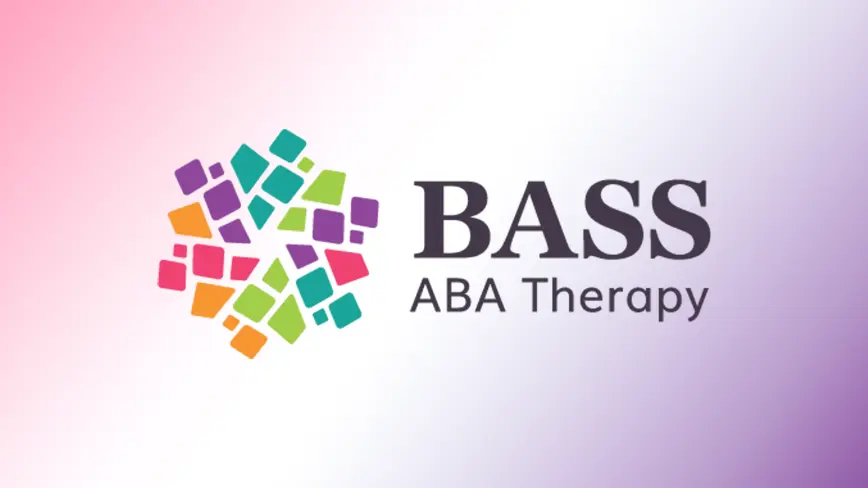"Back to School" is a uniquely different experience for every family. Maybe you're looking forward to the return of the school year and welcome the routine, or perhaps you're feeling totally overwhelmed. Maybe you're thinking to yourself, "What day is it? How did we get here? How is time going by so fast!?" A mixture of emotions may be surfacing in your household, and, like most parents, you are just trying to keep your head above water. To help you navigate the challenges a new school year brings, here are a few reminders:
1. Preparation pays
Providing your child with clear expectations, and visual supports (calendar, planner, visual schedule, social narrative) are helpful ways to reduce uncertainty and get your family back in the swing of things. It need not be a time-consuming or Pinterest-worthy project unless that's your cup of tea. Think about what a reasonable schedule layout for your family is. Do you want to do a daily, weekly, or monthly schedule? How far can your (and your family’s) brain plan out?
If you didn't get a chance to prepare before the first week of school, that's okay! If you are into the new school year, you may have a better idea of the specific stressors your child or family is experiencing. In addition, it will allow you to build strategies around those stressors (homework, morning routine, mealtimes).
2. Flexibility is your friend
Consider the time it takes to learn a new habit - it doesn't happen overnight. It may take a few weeks for your family (and you!) to acclimate to the new schedule. And you're a parent, so you know the drill... just as things start to get into a rhythm, life may throw you a curveball. There will likely be unexpected disruptions, and when they come along you may have to shift things around. You may need to go back to the drawing board (literally) to create a new schedule or weekly plan. Adapting to change is a skill, like any other, and it's natural for family members to handle unpredictable circumstances differently. Give yourself permission to recalibrate expectations and re-prioritize based on the needs of your family.
If you are finding that you have to frequently change things, find time at least once a week to have a “family meeting” to discuss the schedule, how things are working, and if there is anything in the upcoming week (or month) that may call for some flexibility. Communication and keeping everyone on the same page can also lower the stress in the family, especially at busy times in the year.
3. Rest and sleep is essential
A good night's sleep will help everyone better manage the stress or excitement of getting back into the school routine. Establish a predictable bedtime routine that includes a period of "wind-down" (brush teeth, dim lights, story time, calming music) and aim for it to occur around the same time every evening. Adequate sleep may support learning, improve behavior, and keep your family's immune systems strong (Suni, 2021; Zee, 2006).
If sleep is hard, especially in those first couple days of the school year, rest is the next best thing. Make sure the lights stay dim and find ways to calm your brain. For example, listening to calming familiar music or an audiobook of something you’ve already read or listened to can help your mind fall into rhythmic rest. Your kids might be soothed by a back rub or a stuffed animal. The next day, try not to have naps to get your body used to the new sleep schedule. Even if the family is really tired, try to stay awake until the new scheduled bedtime. Then it might be easier to fall asleep!
4. Ask for support
You do not have to do this alone. Communicate regularly with your child's school and therapy team. Inquire about additional resources that may be available to you or your family (telehealth counseling services, parent support groups, afterschool programs, social skills groups). Remember, just as your child's schedule has changed, so has yours. Prepare yourself right along with your child by including self-care in your schedule and connecting with friends, family, or colleagues. In the chaos of "back to school," it's easy to feel "too busy" or energy-zapped to reach out to your support system. Thankfully, technology has made connecting easier, whether it be a Livestream workout, a quick lunchtime phone call, or a zoom coffee date!
As the adage goes, "Fit your oxygen mask first." You're no use to anyone if you're running on empty. Here are some additional resources to add to your toolkit!
Check out this guide Preparing for a Return to School for Therapy Practices for proactive measures your organization can take for a smooth back-to-school process.

Sara Bollman, MA, BCBA, LBA
Sara is a BCBA with a background in counseling who has been practicing in the field for over 15 years. Having worked across a variety of clinical settings, she saw the positive impact technology had on the day-to-day workflow of clinicians.






